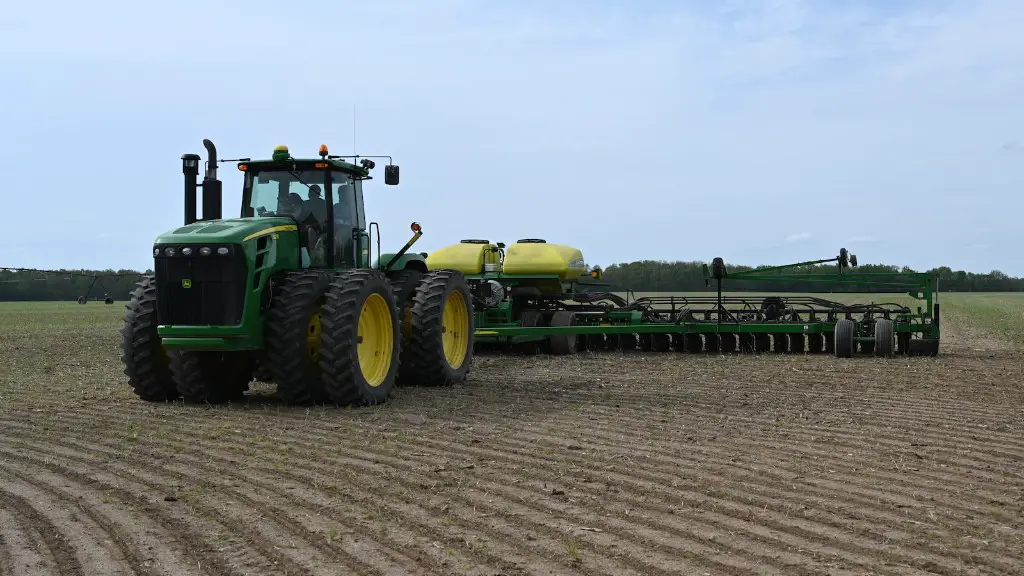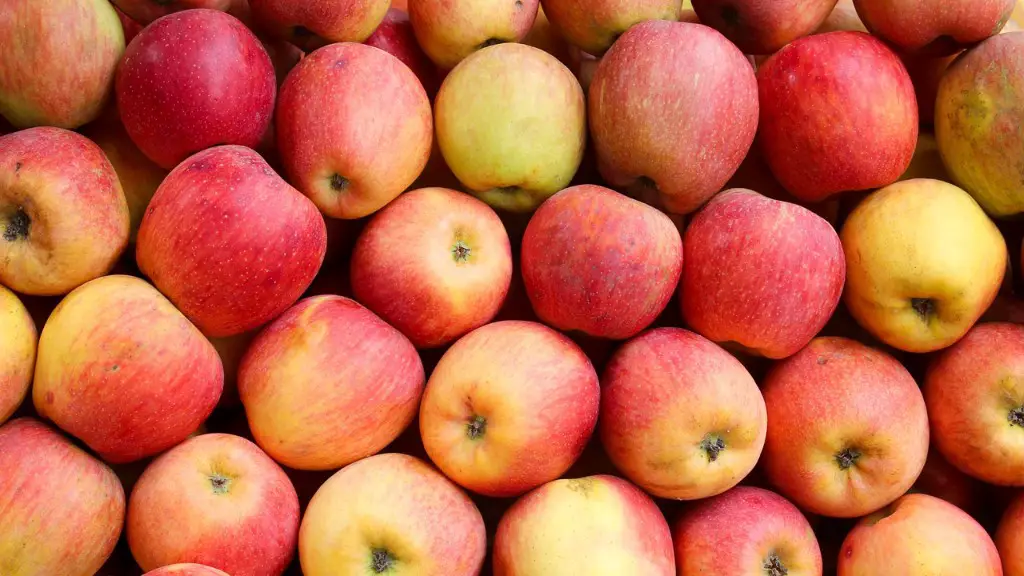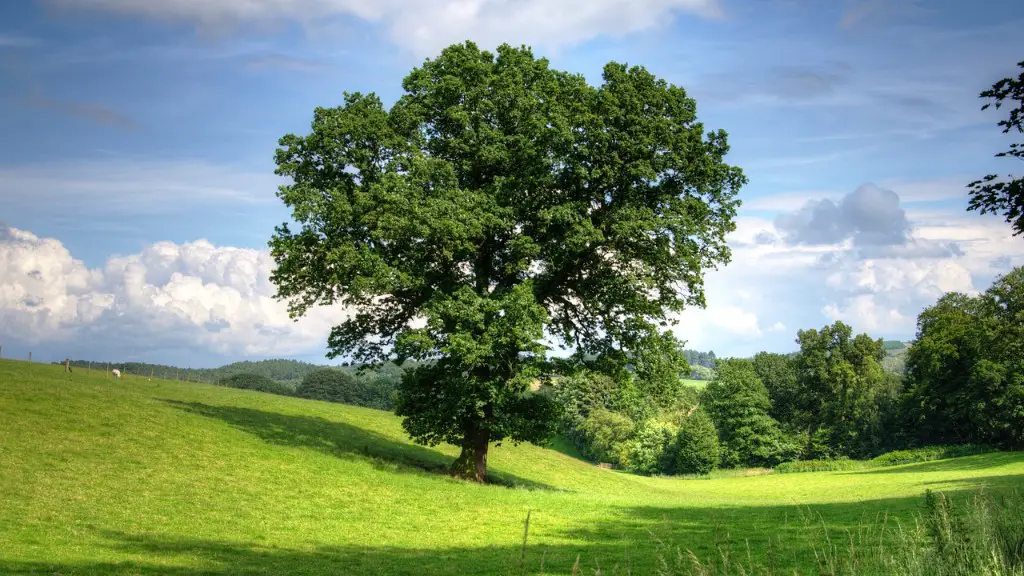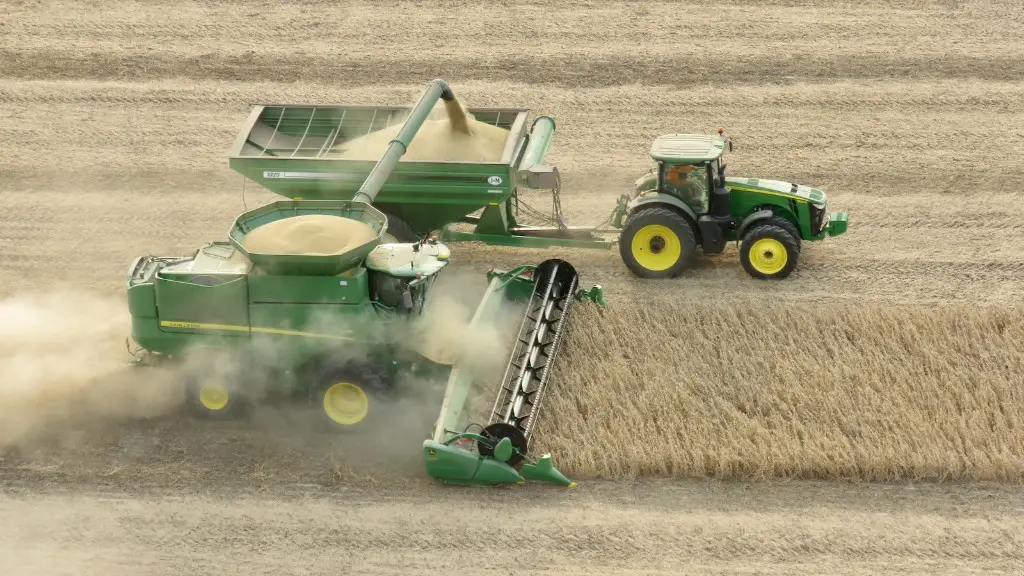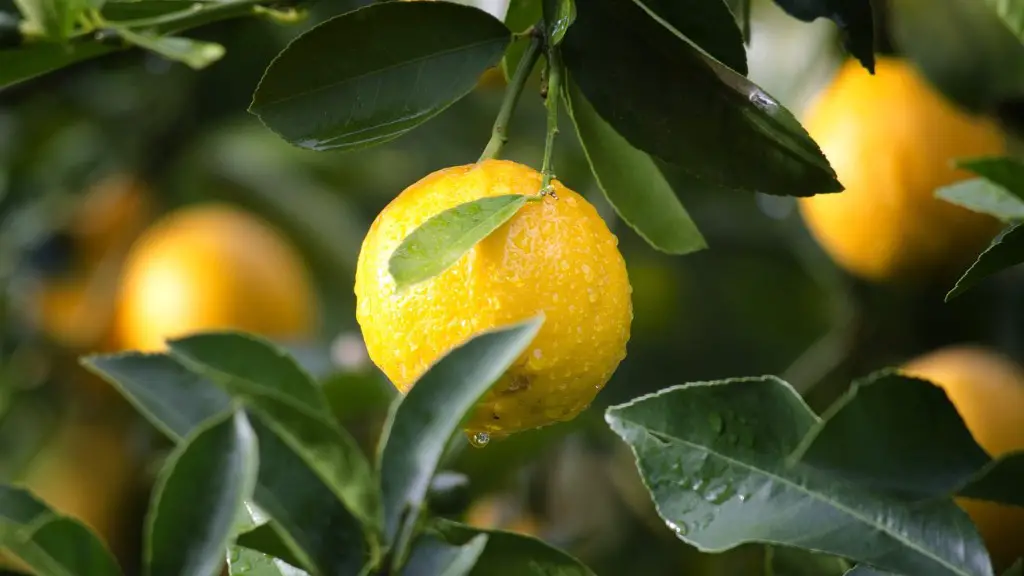The Great Depression was a time of great economic hardship for people all over the world. One of the main causes of the Depression was the collapse of the agricultural sector. With farm incomes plummeting, farmers could not afford to buy the same amount of goods and services as they had in the past. This decrease in demand led to job losses and further economic decline.
Agriculture did not cause the Great Depression.
How did the decline in agriculture Cause the Great Depression?
The post-war depression started with the collapse of farm prices. With the collapse of farm prices, the land bubble burst, often dropping the market value of the land well below what the investor owed on it. This led to a wave of foreclosures and a further decline in farm prices. The depression did not start with the Stock Market Crash of 1929, but the collapse of farm prices was a major contributing factor.
The Great Depression was one of the worst economic crises in American history. It began with the stock market crash of 1929 and lasted for nearly a decade. Millions of Americans lost their jobs, homes, and savings. The Great Depression had a profound impact on the American economy and way of life.
How did the consumer spending caused the Great Depression
The Great Depression was a severe worldwide economic downturn that began in 1929 and lasted for about a decade. It was the longest, deepest, and most widespread depression of the 20th century. The Great Depression began in the United States, but quickly spread throughout much of the world. At its peak, the Great Depression caused an unprecedented level of unemployment, poverty, and hunger.
2) The agricultural sector was particularly hard hit by the Depression, as prices for farm products fell sharply and farm mortgages were foreclosed. This led to a further decline in consumer spending, as farmers had less money to spend on goods and services.
3) The effects of the Depression were exacerbated by the Dust Bowl, a period of severe dust storms in the Great Plains that made farming even more difficult. The Dust Bowl led to the displacement of thousands of farmers, who became known as “Okies” and “Arkies” as they migrated to California and other states in search of work.
4) The Great Depression had a devastating impact on the American economy, and it took years for the country to recover. Agriculture played a significant role in causing the Depression, and the effects of the Depression were felt throughout the country.
Was agricultural overproduction a cause of the Great Depression?
One of the critical faults that led to the Great Depression was overproduction. This was not just a problem in industrial manufacturing, but also an agricultural issue. From as early as the middle of the 1920s, American farmers were producing far more food than the population was consuming. The surplus of goods led to a decrease in prices, which hurt farmers’ incomes. The overproduction also caused a build-up of inventories, which further exacerbated the problem. The Great Depression was a result of a number of factors, but overproduction was a critical cause.
The Great Depression was a global economic downturn that began in 1929. Among the suggested causes of the Great Depression are: the stock market crash of 1929; the collapse of world trade due to the Smoot-Hawley Tariff; government policies; bank failures and panics; and the collapse of the money supply.
Was the Great Depression caused by debt?
Many people stopped making payments on their loans, which caused the banks to fail. This helped to push a recession into a depression, according to Fisher.
The Great Depression was a devastating economic downturn that left many Americans penniless. The primary cause of the Great Depression was the stock market crash of 1929, followed by a lack of credit, overspending, and a horrible drought. These conditions led to mass unemployment and poverty. Many Americans lost their homes and businesses, and were forced to rely on government assistance to get by. The Great Depression had a profound impact on American society, and its effects are still felt today.
Can the Great Depression happen again
No one can say for sure if another Great Depression could happen, but it would certainly take a repeat of the disastrous policies of the 1920s and 1930s to bring it about. Today, economists have a much better understanding of what caused the 1929 crash, and are better equipped to prevent a similar event from happening again.
Despite the statistics and warnings demonstrating the prevalence of agriculture overproduction, it has continued for many years. Overproducing food, while allowing for food security, also disrupts world markets as well as causes immense environmental damage to soil and water supplies.
What was the result of agricultural overproduction during the period of Great Depression?
The Great Depression was a devastating time for farmers. Many were forced to sell their land and livestock, and many more were forced to abandon their farms entirely. Households were ruined and businesses collapsed. The Great Depression had a profound impact on farmers and the agricultural industry.
The speculative boom of the 1920s was followed by the stock market crash of 1929 and oversupply and overproduction problems. Low demand and high unemployment ensued. Missteps by the Federal Reserve and an ill-timed tariff constrained the presidential response.
Who took much of the blame for the Great Depression
Herbert Hoover was America’s 31st president. He took office in 1929, the year the US economy plummeted into the Great Depression. Although his predecessors’ policies undoubtedly contributed to the crisis, which lasted over a decade, Hoover bore much of the blame in the minds of the American people.
Many scholars and the American public held Hoover in extremely low esteem for many years, blaming him for the Great Depression and criticizing his efforts to solve the crisis. However, Hoover’s reputation began to recover in the 1970s.
Are we headed for a depression in 2022?
In an interview with Bloomberg this week, Roubini said that a recession is likely to hit the US by the end of 2022 before spreading globally next year, conceivably lasting for the entirety of 2023. Roubini believes that the upcoming recession will be severe, long, and ugly, compared to other recent recessions.
The inflation of the money supply during this period led to an unsustainable boom in both asset prices (stocks and bonds) and capital goods. By the time the Federal Reserve belatedly tightened monetary policy in 1928, it was too late to avoid a significant economic contraction.
The key here is that inflation led to artificially high asset prices, which then crashed when the Fed tightened monetary policy. This led to a severe economic downturn.
If the Fed had acted sooner, the economic contraction could have been less severe. This shows the importance of monetary policy in maintaining stable economic conditions.
Why was everyone poor during the Great Depression
The early 1930s were a tough time for many Americans. Stocks continued to fall, businesses failed, and unemployment rose dramatically. By 1932, one of every four workers was unemployed. Banks failed and life savings were lost, leaving many Americans destitute. With no job and no savings, thousands of Americans lost their homes.
The recent boom in the agriculture industry led to many farmers expanding their operations with the help of loans. However, when the industry crashed, these farmers were left with massive debts they couldn’t pay. As a result, banks began foreclosing on their mortgages and farms across the country were lost. This had a devastating ripple effect on farming communities as a whole.
Warp Up
The cause of the Great Depression is still a matter of debate among economists. Some argue that the primary cause was the federal government’s policies regarding agriculture and the economy. Others argue that other factors, such as the stock market crash of 1929, were more important in causing the Depression.
The great depression was caused by a number of factors, but agriculture was a major contributor. The overproduction of crops led to a sharp decline in prices, which hurt farmers and rural communities. The drop in farm income led to a decrease in spending, which further hurt the economy. The great depression was a complex event with many causes, but agriculture played a significant role in its development.
